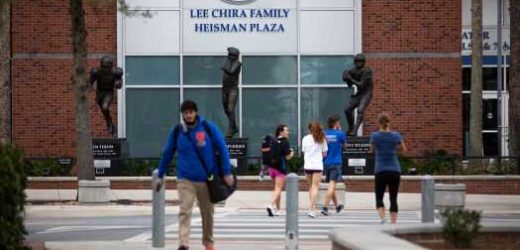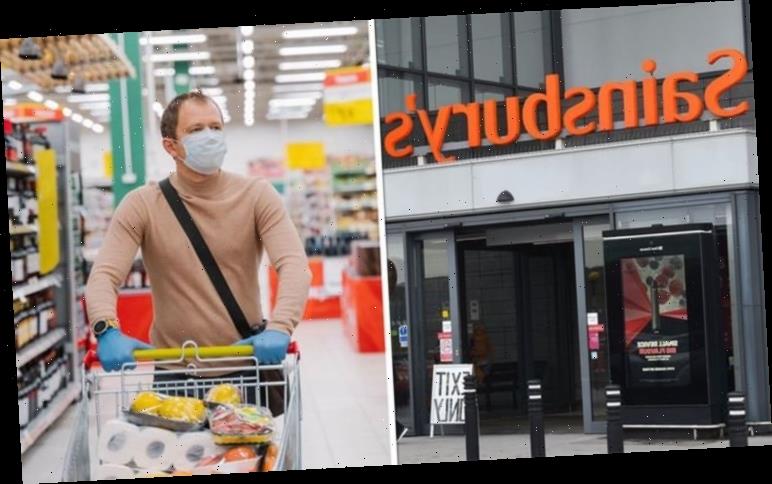Can people immunized against the coronavirus still spread it to others? A new study will attempt to answer the question by tracking infections in vaccinated college students and their close contacts, researchers announced on Friday.
The results are likely to be of intense interest, because they may help determine how careful vaccinated people need to be — whether they can throw away their masks, for example, or must continue to wear them to protect unvaccinated people.
More than 87 million have received at least one dose of a coronavirus vaccine, according to a New York Times database. The Centers for Disease Control and Prevention has advised that fully vaccinated Americans may gather indoors in small groups without precautions, including masks, but should still wear masks in public.
The reason is that it’s not yet certain that vaccinated people cannot briefly be infected and transmit the virus. Clinical trials of the vaccines were designed only to assess whether the vaccines prevent serious illness and death. The manufacturers are now collecting information on whether the vaccines can also thwart infections, swabbing volunteers’ noses every two weeks.
But that method falls short, because the testing is too infrequent to catch all infections and will not track the spread of the virus to the participants’ contacts, said Dr. Larry Corey, an expert in vaccine development at the Fred Hutchinson Cancer Research Center in Seattle and a leader of the new study.
“The only way you do that is by very frequent sampling, and we’re covering our bases by doing it every day,” Dr. Corey said. “It’s going to be the most thorough look at the issue.”
The new study will include more than 12,000 college students immunized with the Moderna vaccine at more than 20 universities across the United States. Half of the students will be randomly selected to receive the vaccine right after they are enrolled, while the other half will get the vaccine four months later.
All of the participants will swab their noses daily to check for the virus, provide periodic blood samples to screen for antibodies, and answer questions through an app. Scientists will follow the students for five months.
By monitoring the students so closely, the scientists expect to be able to track infections in the first 24 or 48 hours, and determine how long an infected person may transmit the virus to others, Dr. Corey said. Over time, the scientists expect to ask about 25,500 close contacts of the participants to swab their noses daily for two weeks, provide two blood samples and answer weekly questionnaires.
College students are an ideal population in which to study transmission after vaccination. They have among the highest rates of coronavirus infection, in large part because they live in tightly packed dormitories and have more social contacts than older adults do, while fortunately, hospitalizations and deaths are comparatively low. American colleges and universities have reported more than 530,000 cases since the beginning of the pandemic.
Source: Read Full Article


